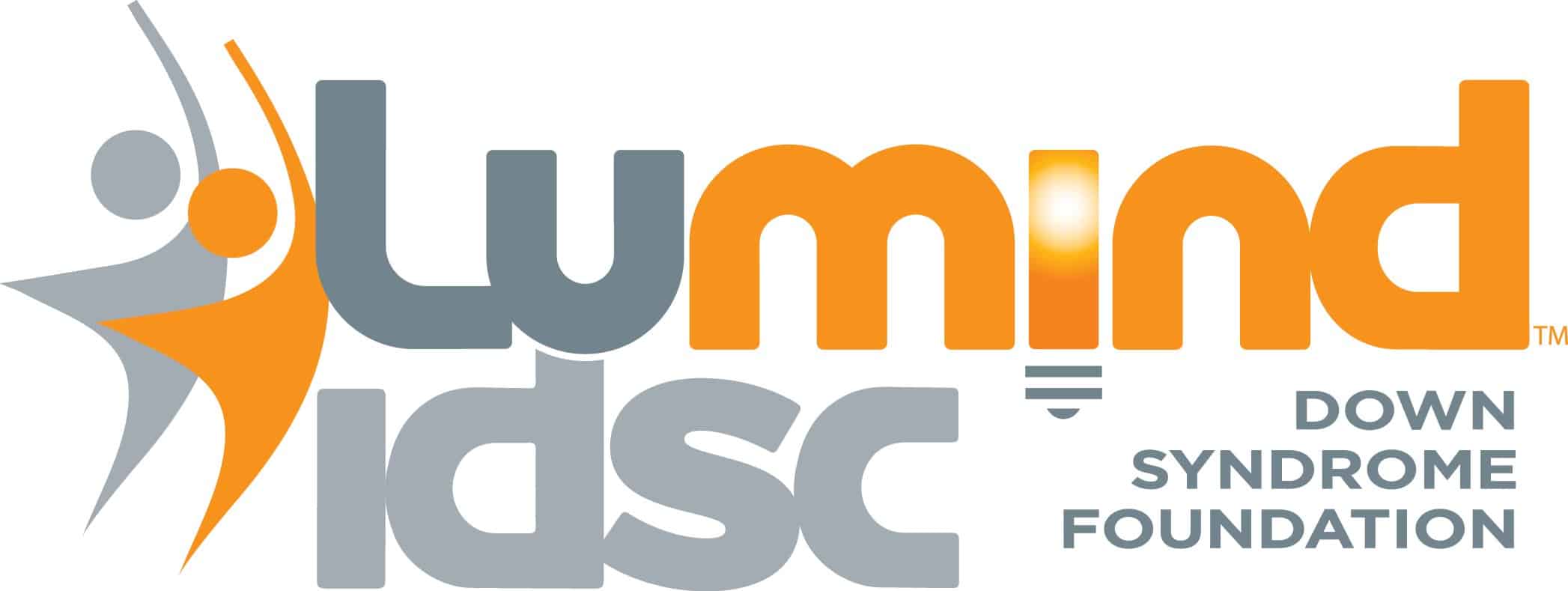Down syndrome is the result of an extra copy of genetic material on all or part of the 21st chromosome. Health and developmental challenges occur in varying degrees to individuals living with Down syndrome.
WHAT WE KNOW
TYPES OF DOWN SYNDROME
Trisomy 21: The cause of 95% of cases—occurs when there are three copies of the 21st chromosome, instead of two. This genetic condition, which occurs at conception, is more prevalent among older mothers.
Mosaic Down syndrome: Results when some cells in the body are normal, while others have Trisomy 21.
Robertsonian translocation: Occurs when part of chromosome 21 breaks off during cell division and attaches to another chromosome, usually chromosome 14. This translocation causes some Down syndrome characteristics.

MOST HEALTH CONDITIONS RELATED TO DOWN SYNDROME ARE TREATABLE
Most medical conditions related to Down syndrome are well-understood, and treatments are available. For people with Down syndrome, the treatment of Alzheimer’s and of the root cause of intellectual disability are two of the biggest remaining frontiers to achieving improved independence. There is good news — we believe that researchers are on the cusp of major scientific advances and translational treatments for both of these conditions.
WHY RESEARCH DOWN SYNDROME NOW?
- Once considered a “rare disease,” Down syndrome (DS) is the leading cause of intellectual and developmental delay in the U.S. and globally. Between 1979 and 2003, the number of babies born in the US with DS increased by approximately 30% with an incidence of one in every 691 babies. It occurs across all races, ethnicities, religions, and income levels.
- Life expectancy for individuals with Down syndrome has increased from age 10 in the 1960s to age 25 in the 1980s to age 65+ today. People with Down syndrome are outliving their caregivers. We are witnessing the first generation of seniors with DS.
- According to the Journal of Intellectual Disabilities, the lifetime risk of DS-related Alzheimer’s disease (DS-AD) is greater than 90%. JAMA reports that Alzheimer’s disease is now the leading cause of death for adults with Down syndrome.
- A key challenge for primary care physicians, specialists, and families is the inability to distinguish between cognitive decline due to Alzheimer’s Disease and cognitive impairment due to Down syndrome. We’re developing tools to help address that unmet need.
- More than 70% of people with Down syndrome develop sleep apnea, which increases risk of cardiac disease and memory deficits, can impact communication, and presents other risk factors.
- Only 14 of the 120 academic medical centers in the US have a program focused on Down syndrome. Fewer than 5% of people with DS receive care at a specialized DS clinic. This issue must be addressed as today’s adults with Down syndrome age and require specialized support, especially in later years.
